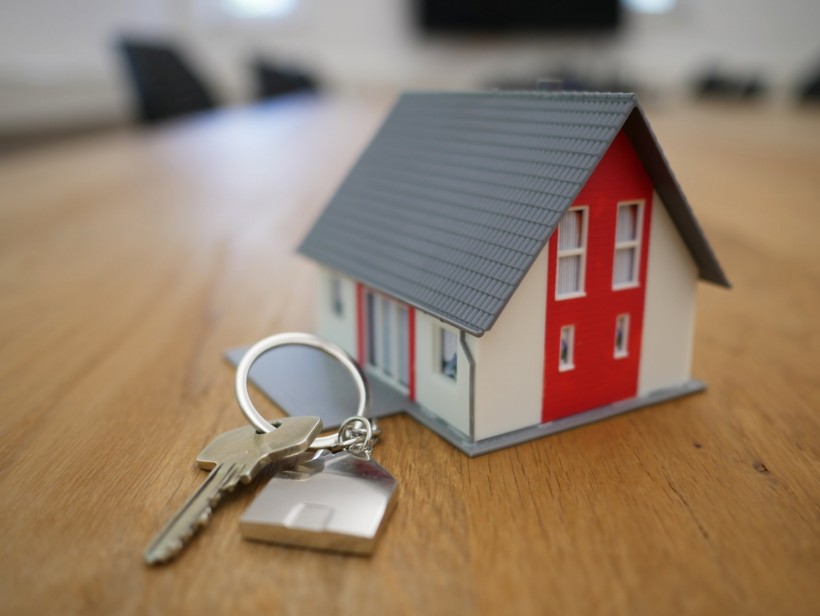
(Photo : Tierra Mallorca on Unsplash)
Over the last 50 years, investing in real estate has grown in popularity. Most people make real estate investments as means of diversifying their investments.
Therefore, when you invest smartly in real estate, you can enjoy an excellent rate of return. However, you might ask yourself a few questions if you are new to it.
How will I become a real estate investor? How can I make money in real estate? How do I start a real estate business?
Below are a few of the main things you ought to know before you invest in real estate.
Annual Expenses
Investing in real estate entails a few expenses. You have to calculate these inevitable costs to ensure you avoid ending up with a negative cash flow.
Check the fixed or routine costs such as maintenance and repairs, insurance, and property taxes so you'll know whether the investment is worth the money.
Second, you should assess your variable expenses. Some major variable expenses include replacing the roof, flooring, water heater, or air conditioner. You should also set aside some extra cash for contingencies that might arise.
Location
When you're looking for the best real estate investment options, you should research the property markets. The location will likely have an impact on your return on investment.
Your aim is to find a property that will meet all your personal preferences. If you don't know how to find a suitable location in Houston, it's advisable to seek the help of a Houston property management company.
They can help you learn about the local school systems, nearby amenities, future developments, insurance costs, property taxes, and every other factor that contributes to a great location.
Investment Purpose
A lack of clarity when investing in real estate can lead to unexpected financial distress. Before investing in real estate, therefore, you ought to establish whether you intend to purchase for self-use, lease, or resale.
When buying for self-use, you'll want to find a property that will offer the benefits of self-utilization while continuing to appreciate in value. Buying to lease should certainly provide long-term value appreciation as well as ongoing income.
If you plan to resell the property, do you expect to do that after a few months or a number of years? Short-term selling will obviously be quick, so it offers only small or at best medium profits. In most cases, the property might be under construction and sold for profit after completion.
For long-term selling, you'll focus on intrinsic value appreciation. This strategy tends to provide alternatives for your long-term goals such as retirement.
Establish a Budget
Always make sure you are clear about how much you are willing to pay. Sticking to a budget makes the investment process easier because you'll only look at properties that meet your fiscal terms. When you study the various properties, try to pick out the details that may eventually necessitate renovations or repairs.
Property Valuation
Property valuation is an essential step during a home purchase. You have to assess the list price, taxation, and insurance, and conduct an investment analysis. Different valuation methods will include the cost approach.
In that case, you check the cost of construction and land minus the depreciation. This is suitable for new construction.
On the other hand, you can use the income approach to invest, depending on the expected cash flow. This approach can be beneficial if you plan to rent out your properties.
The Bottom Line
Investing in real estate can diversify your portfolio. It has a low correlation with other asset classes; in other words, the real estate market often goes up when stocks are down.
Investing in real estate can provide a steady cash flow, competitive risk-adjusted returns, tax advantages, and substantial appreciation.
* This is a contributed article and this content does not necessarily represent the views of hngn.com








